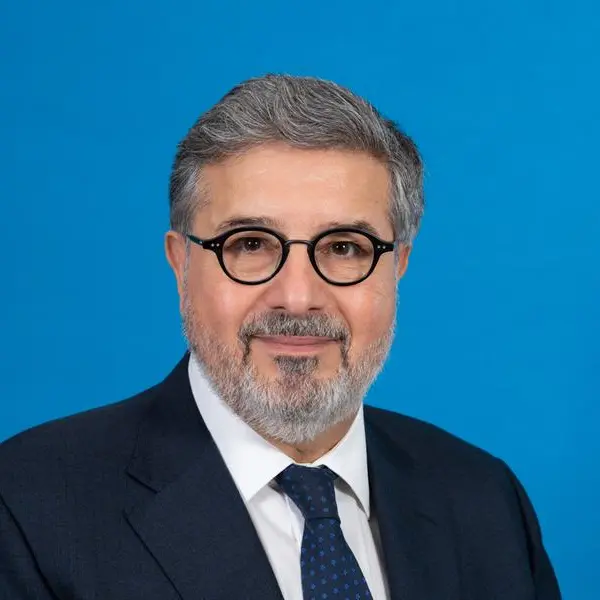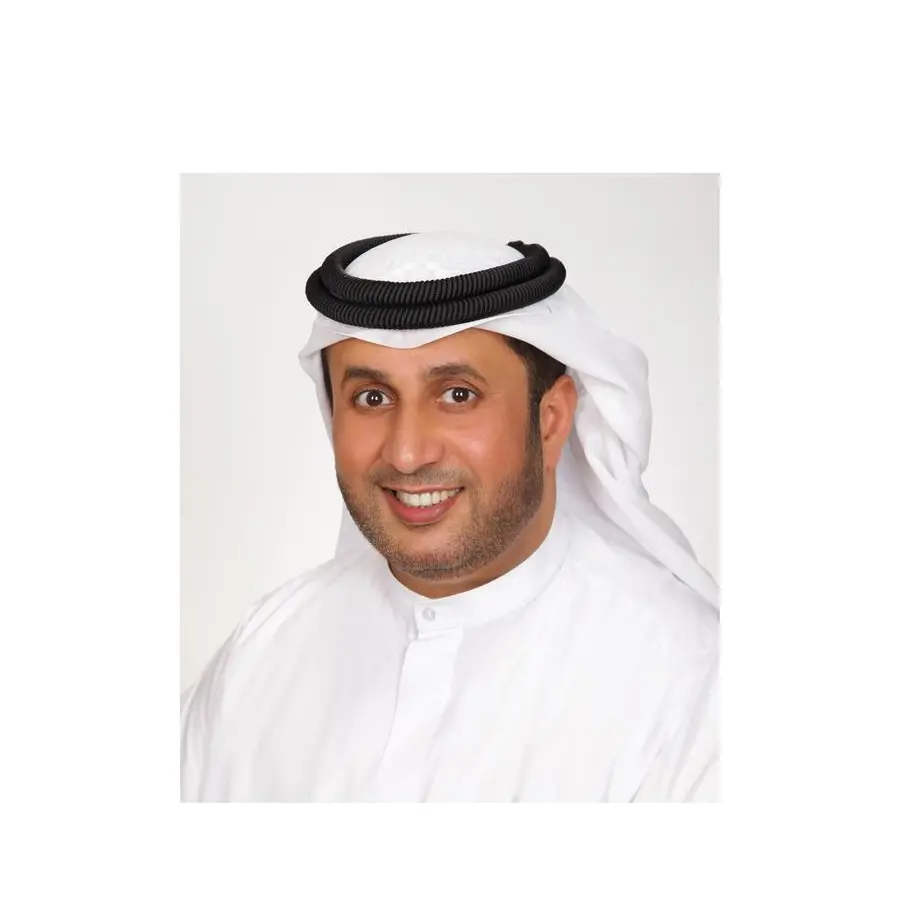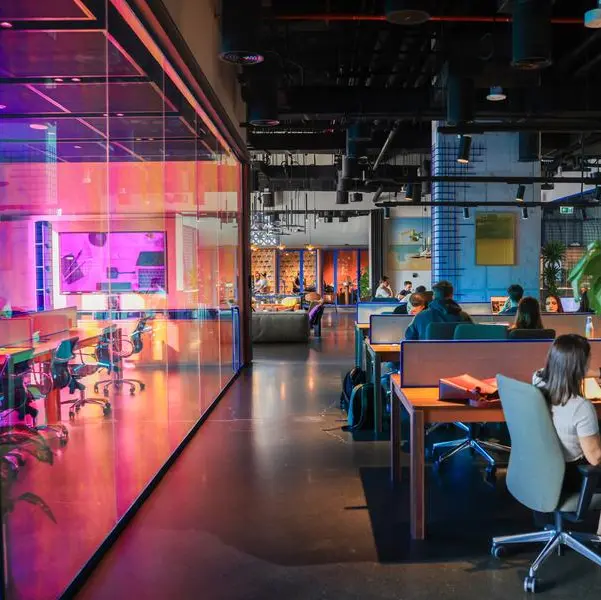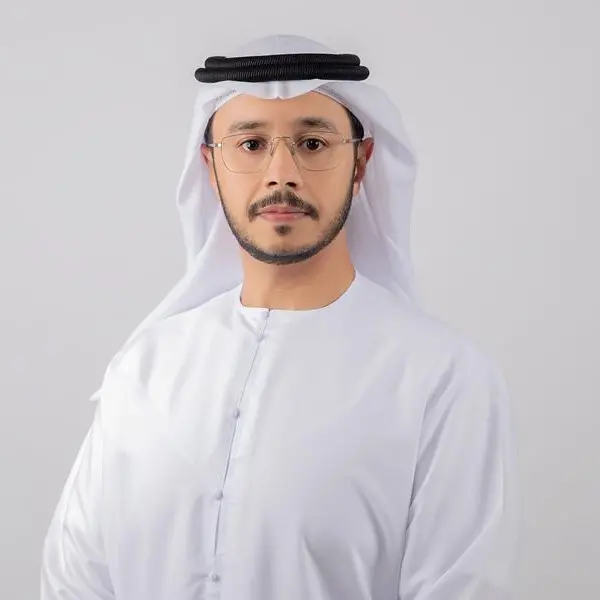PHOTO
- Historical series on the 23 licensed places of worship for non-Muslims in the emirate
- Global Tolerance and Human Fraternity Summit underlines Abu Dhabi’s position as a global destination for religious and cultural diversity
Abu Dhabi: His Excellency Sheikh Nahyan bin Mubarak Al Nahyan, Minister of Tolerance and Coexistence, His Excellency Dr. Mugheer Khamis Al Khaili, Chairman of the Department of Community Development, and Mohammed Abdulsalam, Secretary-General of the Muslim Council of Elders, today reviewed the history of the places of worship in Abu Dhabi, during the Global Tolerance and Human Fraternity Summit.
The Department of Community Development, in cooperation with the Ministry of Tolerance and Coexistence and the Muslim Council of Elders, participated in the event to underline Abu Dhabi’s position as a global destination for tolerance and religious diversity among its community members. Their attendance also affirmed the role and principles of the ‘Document on Human Fraternity’, a joint declaration that urges for peace and coexistence among all people, under the message that we are all members of one human race.
H.E. Dr. Mugheer Khamis Al Khaili said: “We celebrate this event, along with the most prominent religious leaders in the world, in conjunction with the International Day of Human Fraternity. It calls for prudence and wisdom in dealing with all people, in order to inculcate a culture of peace, dialogue and coexistence in different cultures and sects.”
H.E. Dr. Mugheer Khamis Al Khaili added: “The Department of Community Development was established to ensures non-Muslim places of worship would adhere to the required conditions, procedures, and policies.”
Today, Abu Dhabi has become a leading model on spreading tolerance and community cohesion, as the emirate and wider UAE embraces more than 200 nationalities of different religionsand cultures; all of which enjoy care from the leadership and people. This model of tolerance forms a main pillar in the comprehensive and sustainable development landscape across the UAE, a model which values community members as an integral part of the country's societal fabric.
Mohammed Abdulsalam, Secretary-General of the Muslim Council of Elders, said: “We are pleased to cooperate with the Ministry of Tolerance and Coexistence and the Department of Community Development in reviewing the history of places of worship for non-Muslims in the emirate of Abu Dhabi. This Summit represents an opportunity to highlight the efforts of various partners in consolidating our shared values and position the UAE as a global center for love, cohesion, tolerance and coexistence among many segments of society.”
Mohammed Abdulsalam added that the mural depicts the history of religious diversity in Abu Dhabi, which expresses the keenness of UAE’s leadership and its people to unify the principles of brotherhood, interdependence and solidarity instilled by the founding father - the late Sheikh Zayed bin Sultan Al Nahyan. Since the UAE’s creation, it has strived to establish the concepts of community cohesion and coexistence and has endeavored to nurture respect and promote cultural pluralism.
During the Summit, the Muslim Council of Elders called on all people of the world to celebrate the International Day of Human Fraternity through the practice of goodness, justice, love, peace and coexistence.
-Ends-
About the Department of Community Development
The Department of Community Development in Abu Dhabi (DCD) was established in 2018 to govern the social and community-development sector through a set of policies, strategies, systems, and standards. The Department aims to improve the quality of life in the emirate and provide a dignified life for all, through high-quality, impactful, and efficient services. One of DCD’s priorities is to raise awareness about social issues pertinent to Abu Dhabi and its people and find innovative solutions.
There are 4 main entities under the umbrella of DCD, namely: Abu Dhabi Social Support Authority (ADSSA), Authority of Social Contribution - (Ma'an), Abu Dhabi Centre for Sheltering, and Humanitarian Care - (Ewa'a), and Family Care Authority (FCA). The department also collaborates with 7 partners in the community development sector in Abu Dhabi to achieve the desired goals. These entities include Zayed Higher Organisation for People of Determination (ZHO), Zayed House for Islamic Culture (ZHIC), Abu Dhabi Sports Council (ADSC), Family Development Foundation (FDF), The Social Care and Minors Affairs Foundation (SCMAF), Abu Dhabi Housing Authority (ADHA), and Abu Dhabi Early Childhood Authority (ECA).


















